Related Research Articles
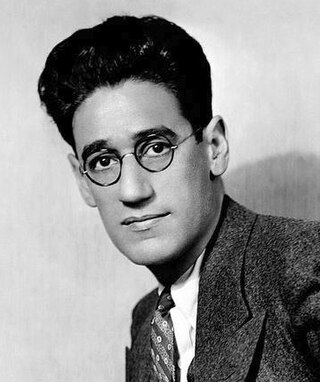
George Simon Kaufman was an American playwright, theater director and producer, humorist, and drama critic. In addition to comedies and political satire, he wrote several musicals for the Marx Brothers and others. He won the Pulitzer Prize for Drama for the musical Of Thee I Sing in 1932, and won again in 1937 for the play You Can't Take It with You. He also won the Tony Award for Best Director in 1951 for the musical Guys and Dolls.

Edna Ferber was an American novelist, short story writer and playwright. Her novels include the Pulitzer Prize-winning So Big (1924), Show Boat, Cimarron, Giant and Ice Palace (1958), which also received a film adaptation in 1960. She helped adapt her short story "Old Man Minick", published in 1922, into a play (Minick) and it was thrice adapted to film, in 1925 as the silent film Welcome Home, in 1932 as The Expert, and in 1939 as No Place to Go.
Lanford Wilson was an American playwright. His work, as described by The New York Times, was "earthy, realist, greatly admired [and] widely performed." Wilson helped to advance the Off-Off-Broadway theater movement with his earliest plays, which were first produced at the Caffe Cino beginning in 1964. He was one of the first playwrights to move from Off-Off-Broadway to Off-Broadway, then Broadway and beyond.
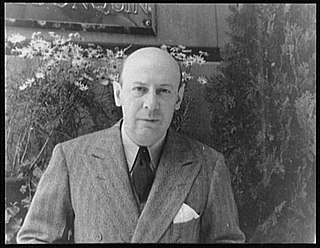
Marcus Cook Connelly was an American playwright, director, producer, performer, and lyricist. He was a key member of the Algonquin Round Table, and received the Pulitzer Prize for Drama in 1930.

Moss Hart was an American playwright, librettist, and theater director.

Sir Peter Levin Shaffer was an English playwright, screenwriter, and novelist. He wrote numerous award-winning plays, of which several were adapted into films.

James Kirkwood Jr. was an American playwright, author and actor. In 1976 he received the Tony Award, the Drama Desk Award for Outstanding Book of a Musical, and the Pulitzer Prize for Drama for the Broadway hit A Chorus Line.

Anthony Robert Kushner is an American author, playwright, and screenwriter. Lauded for his work on stage, he is most known for his seminal work Angels in America, which earned a Pulitzer Prize and a Tony Award, as well as its subsequent acclaimed HBO miniseries of the same name. At the turn of the 21st century, he became known for his numerous film collaborations with Steven Spielberg. He received the National Medal of Arts from President Barack Obama in 2013. Kushner is among the few playwrights in history nominated for an Emmy, Grammy, Oscar, and Tony Award.

Sir David Rippon Hare is an English playwright, screenwriter and theatre and film director. Best known for his stage work, Hare has also enjoyed great success with films, receiving two Academy Award nominations for Best Adapted Screenplay for writing The Hoursin 2002, based on the novel written by Michael Cunningham, and The Readerin 2008, based on the novel of the same name written by Bernhard Schlink.
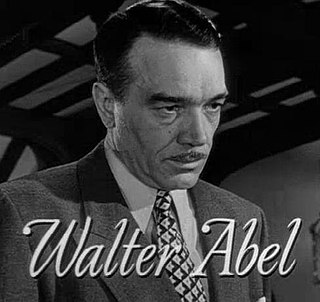
Walter Abel was an American stage, film, and radio actor whose career spanned nearly seven decades.
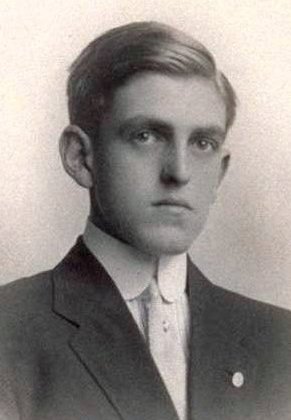
Sidney Coe Howard was an American playwright, dramatist and screenwriter. He received the Pulitzer Prize for Drama in 1925 and a posthumous Academy Award in 1940 for the screenplay for Gone with the Wind.
John Howard Lawson was an American writer, specializing in plays and screenplays. After starting with plays for theaters in New York City, he worked in Hollywood on writing for films. He was the first president of the Writers Guild of America, West after the Screen Writers Guild divided into two regional organizations.
Albert Horton Foote Jr. was an American playwright and screenwriter. He received Academy Awards for his screenplays for the 1962 film To Kill a Mockingbird, which was adapted from the 1960 novel of the same name by Harper Lee, and his original screenplay for the film Tender Mercies (1983). He was also known for his notable live television dramas produced during the Golden Age of Television.
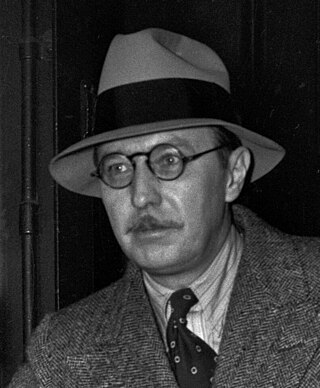
Howard Lindsay, born Herman Nelke, was an American playwright, librettist, director, actor and theatrical producer. He is best known for his writing work as part of the collaboration of Lindsay and Crouse, and for his performance, with his wife Dorothy Stickney, in the long-running play Life with Father.
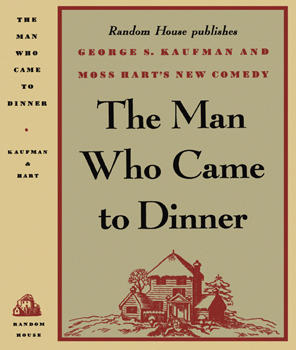
The Man Who Came to Dinner is a comedy play by George S. Kaufman and Moss Hart. It debuted on October 16, 1939, at the Music Box Theatre in New York City, where it ran until 1941, closing after 739 performances. It then enjoyed a number of New York and London revivals. The first London production was staged at The Savoy Theatre starring Robert Morley and Coral Browne. In 1990, Browne stated in a televised biographical interview, broadcast on UK Channel 4, that she bought the rights to the play, borrowing money from her dentist to do so. When she died, her will revealed that she had received royalties for all later productions and adaptations of the play.
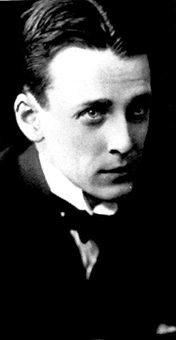
John L. Balderston was an American playwright and screenwriter best remembered for his horror and fantasy scripts. He wrote the 1926 play Berkeley Square and the 1927 American adaptation of the 1924 play Dracula.
Daniel Taradash was an American screenwriter.
Frederick J. Jackson, also known professionally as Fred Jackson and Frederick Jackson and under the pseudonym Victor Thorne, was an American author, playwright, screenwriter, novelist, and producer for both stage and film. A prolific writer of short stories and serialized novels, most of his non-theatre works were published in pulp magazines such as Detective Story Magazine and Argosy. Many of these stories were adapted into films by other writers.
Dwight Oliver Taylor was an American author, playwright, and film/television screenwriter.
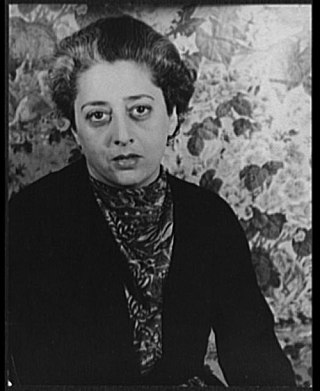
Beatrice Bakrow Kaufman was an American editor, writer, and playwright. Although chiefly remembered as the wife of director, humorist, and playwright George S. Kaufman, she had a distinguished literary career of her own, and during the 1930s and 1940s, was regarded as "one of the wittiest women in New York" who was "influential in shaping American taste and culture in the early twentieth century".
References
- 1 2 3 (9 July 1987). Howards M. Teichmann, Playwright, Dies at 71, The New York Times , p. A25
- ↑ (9 July 1987). Playwright Dies of Lou Gehrig's Disease, Associated Press
- ↑ Rotbert, Mitchell (22 January 1980). Literary Life of Barnard Prof, Columbia Daily Spectator
- ↑ (June 1948). A New Course, Barnard College Alumnae Magazine, p. 9-10